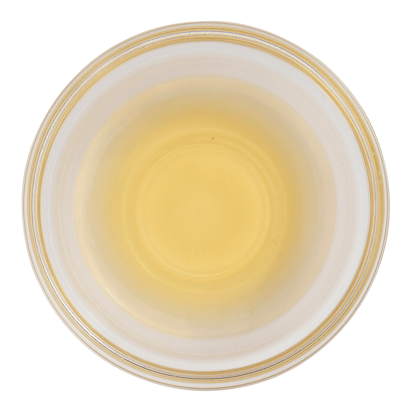Apple Cider Vinegar: Important Facts, Health Benefits, and Recipes
Explore the health benefits, history, and culinary uses of apple cider vinegar in our ultimate guide, and learn how to incorporate this versatile ingredient into your daily life.

Nutritional Facts
1 tbsp
Amount per serving
Calories
3.1
Carbohydrates
0.1 g
Fat
0 g
Protein
0 g
Saturated Fat
0 g
Sodium
0.7 mg
Fiber
0 g
Sugar
0.1 g
Best Apple Cider Vinegar Recipes
-

-

-
:max_bytes(150000):strip_icc()/Simply-Recipes-Pickled-Garlic-LEAD-1-a20e13a95f5f4316bb237c07cd835cdb.jpg)
-
:max_bytes(150000):strip_icc()/Simply-Recipes-Pickled-Watermelon-Rinds-LEAD-8-fdb0acf555254432942ed410ea966842.jpg)
-

-
:max_bytes(150000):strip_icc()/southern-pickled-shrimp-with-fresh-dill-3060678-hero1-a2981726dc754b88addea87f7d96da9d.jpg)
-

-

-
![Dijon Braised Chicken Thighs Image]()
-
![Braised Collard Greens Image]()
-
![Quick Rhubarb Chutney Image]()
-
![All-Purpose Bourbon Glaze Image]()
-
![Ancho Fig BBQ Sauce Image]()
-
![Mango Habanero Simmer Sauce Image]()
-
![Apple Cider Shrub Cocktails Image]()
-
![Baby Back Rib Nachos Image]()
-
![Lavender Honey Pie Image]()
-
![Peri Peri Chicken Image]()
-
![Whole Grain Mustard Image]()
-
![Pork Belly Sliders Image]()
-
![Four Homemade Mustards Image]()
-
![Asparagus with Bearnaise Image]()
-
![Five-Minute Ketchup, Mustard, and Mayo Image]()
-
![Shaved Brussels Sprouts Salad Image]()
-
![Chipotle Hummus Avocado Sandwich Image]()
-
![Homemade BBQ Sauce Image]()
-
![Fall Panzanella Salad Image]()
-
![Apple Walnut Quinoa Salad Image]()
-
![Apple, Gouda, and Farro Salad Image]()
-
![Apple, Grape, and Candied Pecan Salad with Maple-Mustard Dressing Image]()
-
![Kale and Brussels Sprouts Salad with Butternut Squash, Pomegranate, and Candied Pecans Image]()
-
![Chopped Brussels Sprouts with Dried Cranberries, Pecans & Blue Cheese Image]()
-
![Grilled Honey Mustard Pork Tenderloin Image]()
-
![Maple Roasted Butternut Squash & Apple Salad Image]()
-
![Slow Cooker Pulled Pork Sandwiches Image]()
-
![Kale Salad with Cranberries, Apple, and Cheddar Cheese Image]()
-
![Classic Three Bean Salad Image]()
-
![Spiralized Butternut Squash and Apple Salad with Turkey Image]()
-
![Chicken, Crab & Andouille Sausage Gumbo Image]()
-
![Healthy Meatloaf With Tomato Glaze Image]()
-
![Shaved Brussels Sprouts Salad With Roasted Beets, Pecans and Goat Cheese Image]()
-
![Crockpot Teriyaki Chicken Image]()
-
![Spiralized Refrigerator Quick Dill Pickles Image]()
-
![Homemade Spicy Garlic Dill Pickles Recipe Image]()
-
![Raspberry Chipotle BBQ Sauce Plus 10 Finger Lickin’ Barbecue Sauce Recipes to Light Up the Grill Image]()
-
![Burr Trail Grill Pickled Beets Image]()
-
![Pulled Pork Sandwiches Image]()
-
![Loaded Baked Potato Salad Image]()









































